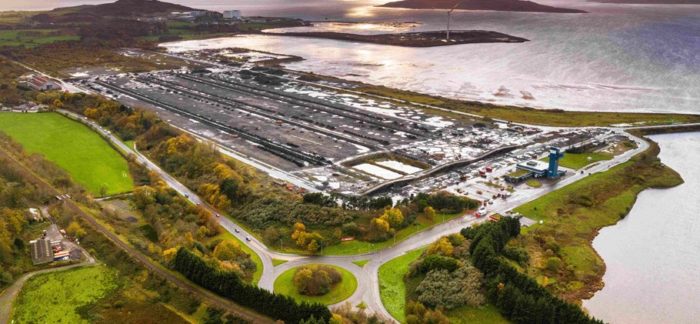In light of the upcoming Brexit changes, the UK Peel Ports, being the UK’s second-largest port operator, experienced an increased cargo traffic shifting to other gateways in an effort to avoid over-dependence on Dover in southern England, Europe’s busiest ferry port, as Reuters reports.
The instability that a potential no-deal Brexit can follow has caused cargo shippers to cargo shippers to divert goods to more ports across Britain; In the meantime, European Union’s Brexit negotiator Michel Barnier highlighted the risks that may emerge in the possibility of a no-deal Brexit.
The Peel Ports group has experienced a rise in TEU (20-foot equivalent unit) container volumes as importers switch to using box containers rather than trucks to alleviate dependence on ports such as Dover. The use of box containers enables more delivery options.
[smlsubform prepend=”GET THE SAFETY4SEA IN YOUR INBOX!” showname=false emailtxt=”” emailholder=”Enter your email address” showsubmit=true submittxt=”Submit” jsthanks=false thankyou=”Thank you for subscribing to our mailing list”]
Peel Ports chief executive Mark Whitworth commented that this event is a migration towards more unitized cargo, and they now have a variety of choices of points of entry.
Moreover, the Chief Executive added that the ports have already been upgraded by 20 acres of space around various port facilities to ensure there was enough capacity, helped by a UK government investment initiative to boost readiness at ports across the country.
In addition, the warehouses around the port were fully loaded because the customers stockpiled their products.
Whitworth quoted to Reuters that its port areas in Sheerness and Great Yarmouth, in eastern England, had stocks of cars that were not being sold on.
British car output dropped by an annual 3.8% in September partly due to worries about a no-deal Brexit, industry body SMMT said this week.






























































